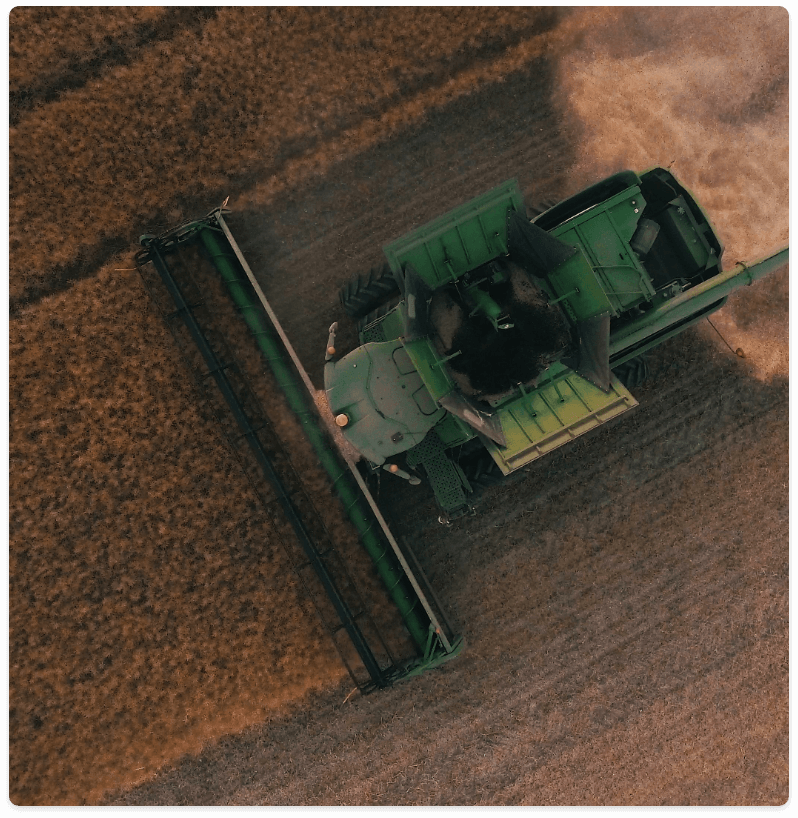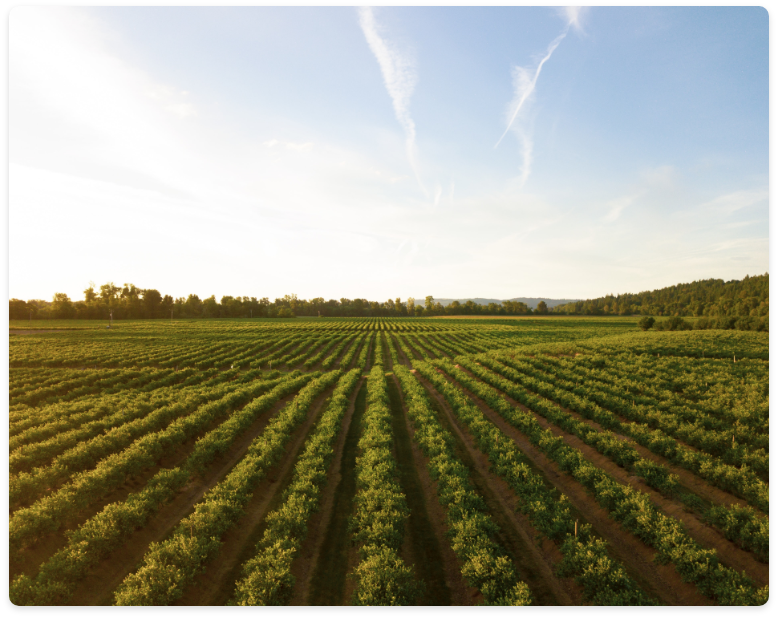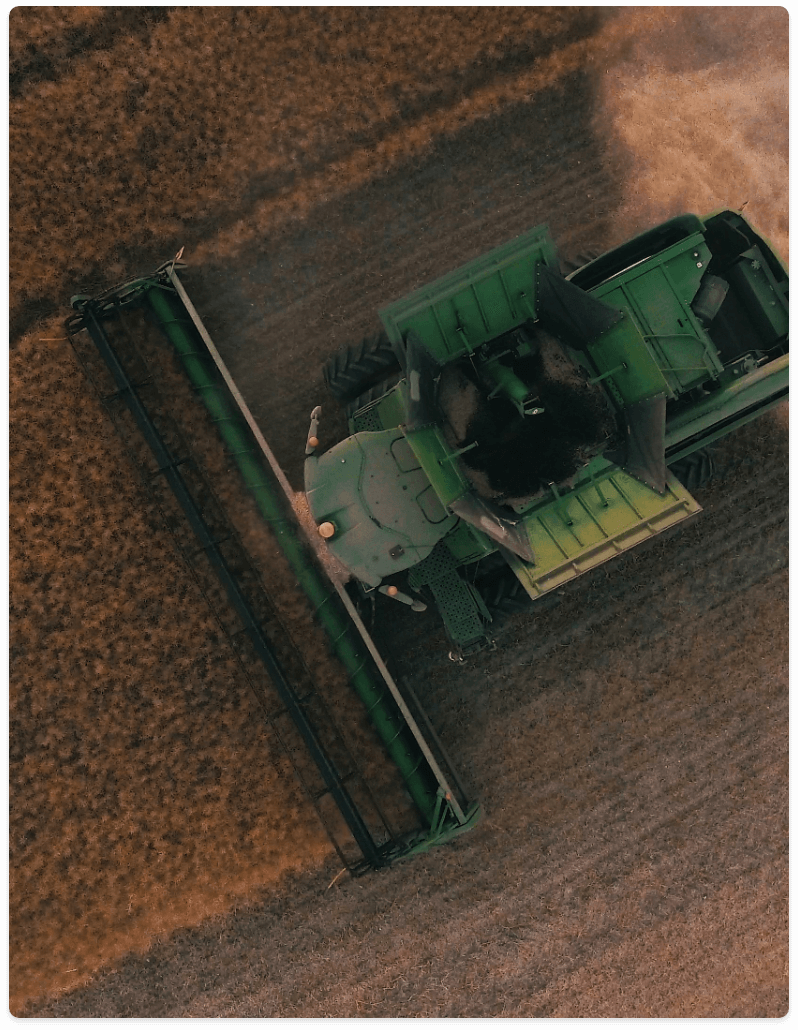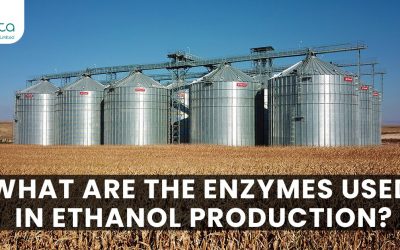Agriculture Enzymes Manufacturer

Enzymes are the vital activators in life processes. Likewise they are known to play a substantial role in maintaining soil health and its environment. A unique balance of chemical, physical, and biological (including microbial especially enzyme activities) components contribute to maintaining soil health. Healthy soils are essential for the integrity of terrestrial ecosystems to remain intact or to recover from disturbances, such as drought, climate change, pest infestation, pollution, and human exploitation.
As soil is the part of the terrestrial environment and supports all terrestrial life forms, protection of soil is therefore of high priority and a thorough application of soil enzymes is a critical factor in assuring that soil remains healthy.
In maintaining soil health, agricultural enzymes play a crucial role. These specialized enzymes contribute to the overall balance of chemical, physical, and biological components in the soil, including microbial activities. By promoting nutrient cycling, organic matter decomposition, and soil structure enhancement, agricultural enzymes contribute to the preservation and restoration of healthy soils. Ensuring the application of appropriate agricultural enzymes is vital in safeguarding the long-term health and productivity of soils, thereby supporting sustainable agriculture and the well-being of terrestrial ecosystems.

Soil enzymes are a group of enzymes which inhabit the soil and continuously play an important role in maintaining soil ecology, its physical and chemical properties, fertility and health.
All soils contain a group of enzymes that determine soil metabolic processes which, in turn, depend on its physical, chemical, microbiological, and biochemical properties.
These soil enzymes classes include oxidoreductases, hydrolyases and transferases that revive arid and unfertile soil.
In agricultural practices, the application of specific agriculture enzymes can greatly influence soil health and fertility. These specialized enzymes interact with the existing soil enzymes to enhance soil metabolic processes and promote the revitalization of arid and infertile soils. By harnessing the power of agriculture enzymes, farmers and land managers can effectively improve soil ecology, optimize its physical and chemical properties, and ultimately enhance agricultural productivity in a sustainable manner.
Enzymes are the vital activators in life processes. Likewise they are known to play a substantial role in maintaining soil health and its environment. A unique balance of chemical, physical, and biological (including microbial especially enzyme activities) components contribute to maintaining soil health. Healthy soils are essential for the integrity of terrestrial ecosystems to remain intact or to recover from disturbances, such as drought, climate change, pest infestation, pollution, and human exploitation.
As soil is the part of the terrestrial environment and supports all terrestrial life forms, protection of soil is therefore of high priority and a thorough application of soil enzymes is a critical factor in assuring that soil remains healthy.
In maintaining soil health, agricultural enzymes play a crucial role. These specialized enzymes contribute to the overall balance of chemical, physical, and biological components in the soil, including microbial activities. By promoting nutrient cycling, organic matter decomposition, and soil structure enhancement, agricultural enzymes contribute to the preservation and restoration of healthy soils. Ensuring the application of appropriate agricultural enzymes is vital in safeguarding the long-term health and productivity of soils, thereby supporting sustainable agriculture and the well-being of terrestrial ecosystems.


Soil enzymes are a group of enzymes which inhabit the soil and continuously play an important role in maintaining soil ecology, its physical and chemical properties, fertility and health.
All soils contain a group of enzymes that determine soil metabolic processes which, in turn, depend on its physical, chemical, microbiological, and biochemical properties.
These soil enzymes classes include oxidoreductases, hydrolyases and transferases that revive arid and unfertile soil.
In agricultural practices, the application of specific agriculture enzymes can greatly influence soil health and fertility. These specialized enzymes interact with the existing soil enzymes to enhance soil metabolic processes and promote the revitalization of arid and infertile soils. By harnessing the power of agriculture enzymes, farmers and land managers can effectively improve soil ecology, optimize its physical and chemical properties, and ultimately enhance agricultural productivity in a sustainable manner.
Our Solutions
COMPOSTING
Our specialised enzymes based formulation is useful for turning organic waste into Nutrient Rich Compost.

Eco-Friendly

Multi Enzymes
Complex

Accelerates
Composting

Eco-Friendly

Multi Enzymes Complex

Accelerates Composting
PLANT GROWTH PROMOTER
Our soil enzymes-based formulation can be used to promote better plant growth development.

Eco-Friendly

Multi Enzymes
Complex

Suitable For All Crops

Eco-Friendly

Multi Enzymes Complex

Suitable For All Crops
SOIL ENZYMES
This specialised enzymes based formulation can be utilised to rejuvenate the soil and make it fertile for plant growth.

Degrades Soil
Contaminants

Multi Enzymes
Complex

Soil Bioremediation

Degrades Soil Contaminants

Multi Enzymes Complex

Soil Bioremediation
ORGANIC LARVACIDE
Our completely environment friendly and organic larvicide is made out of a blend of different enzymes.

Eco-Friendly

Multi Enzymes
Complex

Non-Toxic

Eco-Friendly

Multi Enzymes Complex

Non-Toxic
Related Articles
The Science Behind Malt Extract: Understanding Its Role in Cooking
An ingredient that often pops up, especially in baking, is malt extract. But what's the science behind this mysterious ingredient? And why is it such a popular addition to many dishes? What is Malt Extract? It’s like the superhero of the baking world, swooping in to...
What Are The Enzymes Used In Ethanol Production?
Given the predicted exhaustion of Crude-oil-based fuel energy supply, bioethanol has gained importance as an alternate source of energy. Bioethanol is produced via microbial fermentation and offers a cost-effective source of energy. Microbes produce the majority of...
Applications of Enzymes in Sugar
Applications of Enzymes in Sugar Generally, enzymes are not ingredients but are present in several other ingredients, mainly in flour and yeast. When we understand how enzymes work, it is useful in understanding the process of fermentation. Enzymes are as exclusive as...
FAQ’S
What are the benefits of enzymes in composting?
Enzymes are a type of protein that break down organic waste, which helps to turn your compost into nutrient-rich soil. This is important because nutrients are a great way to preserve and nurture the growth of plants and trees.
How do enzymes help plants grow?
Enzymes are biocatalysts that speed up essential biochemical reactions for plants and rhizobacteria while stabilizing the soil by degrading wastes and contributing to nutrient recycling.
What are the advantages of using organic larvicide?
Organic Larvicide are designed to kill the larvae of pests that pose a threat to agricultural crops, such as aphids and mealybugs.It Completely eliminates the use of hazardous and toxic insecticides and pesticides.
What are the benefits of using enzymes in agriculture?
Enzymes are naturally occurring proteins that speed up the growth of plants, turning them into more mature plants. This helps your crops grow faster, which means you can plant more seeds and get better yields.
How does an enzyme improve soil quality?
Enzymes help plants absorb nutrients more efficiently. This can lead to stronger roots, bigger yields and a healthier environment for the plant.
Looking For Enzymes?
We’re Here To Help
Looking For Enzymes?
We’re Here To Help
QUICK LINKS
HOME
ABOUT
CERTIFICATIONS
BLOGS
MEDIA
CAREERS
FAQs
CONTACT
PRODUCTS
© 2024, Infinita Biotech Private Limited. All rights reserved.
Designed by Kerkar Media



